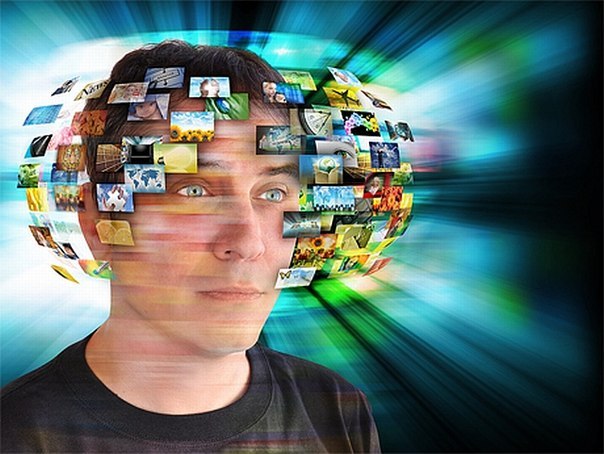
Many people are suffering from stress, anxiety and depression these days. Do you think we are simply more aware of these health problems now or do you think we are readily inviting mental overload into our lives which is increasing the prevalence of such illnesses? When I think about the digital world we now live in, compared with just 10 years ago, we are now subjecting ourselves to way more information processing than we ever did just a decade ago.
Being the sophisticated species that we are, have we evolved our mental capacity in direct proportion with the technological advancement of our society? If we haven’t adapted our mental faculties quite fast enough, does it stand to reason that information processing overload may be one of the contributing factors to poor mental health? I hypothesise it is.
If you run a business it is possible that you have at least one or two business social media accounts. If you have personal accounts, too, it is possible you have at least one or two of those, as well. Let’s assume the average person has just two social media accounts, a modest figure supported by the research survey conducted by the Radicati Group (2012). That’s two social media accounts we make time to utilise.
When we utilise these accounts it opens a floodgate of processes that ensue, and these cognitive processes can continue on a conscious and subconscious level throughout the day, from the moment we arise until the moment we fall asleep…and during sleep, but that’s another article. Our digital world now subjects our cognitive processes to a significantly larger workload than even just 10 years ago, and yet, we still have the same number of hours in a day to do all of this extra mental processing.
According to a survey by mobile and cloud testing company, SOASTA (2013), depending on the region tested, 75% to 92% of Americans reported checking their mobile phone apps first thing in the morning, before doing anything else. They also found that an average of 40% of those surveyed opened a social media app first, before all else, whilst emails were highest on the list with 67% of participants stating this was the first thing they checked, before any other morning rituals.
What an immediate influx of information to start one’s day on! This means before these people can think about living in the present moment or think about what’s on their to-do list for the day or choose the right outlook (attitude) for their day, they are distracted by a shed load of information to process! Processing this information inevitably saps up some of their mental capacity. Furthermore, the information they are forcing themselves to process might actually be making them miserable.
Every time we access social media it’s a gamble, isn’t it? Think about it. We don’t know what we’re going to be faced with when we access our accounts and how it will affect our mood, our self-esteem and our attitude.
To access social media accounts frequently throughout the day, including first thing in the morning and last thing at night, we are gambling with our mental health and wellbeing first thing in the morning, frequently throughout the day, and last thing at night.
Social Media and Information Overload
Amongst other things, social media accounts require us to think about:
- our social media conduct,
- the social media behaviour of others,
- how others will construe our social media usage,
- the messages we glean about the people we’re connected with,
- the messages we gather about our relationships with them (online and offline),
- the implications of what we have learnt about ourselves, others and society as a whole,
- how we feel deep down about what we have gleaned about ourselves, others and society,
- possible courses of action in response to what we have absorbed and evaluated, and
- the consequences of any actions we take, online or offline, in response to the information processed.
That’s a lot to process day in and day out, and remember that we may not recognise that we are doing this stuff daily because it isn’t always happening in our conscious mind. A lot of this information processing will be going on subconsciously, in the back of our minds if you like, whilst we are going about our day.
If you think you are getting mentally and emotionally overwhelmed by social media resulting in a slowdown in processes (mental and physical), an increase in negative emotions experienced, a desire to escape from situations or people, and feeling detached from your environment or the people within it, then consider trying this simple social-media-fast challenge.













